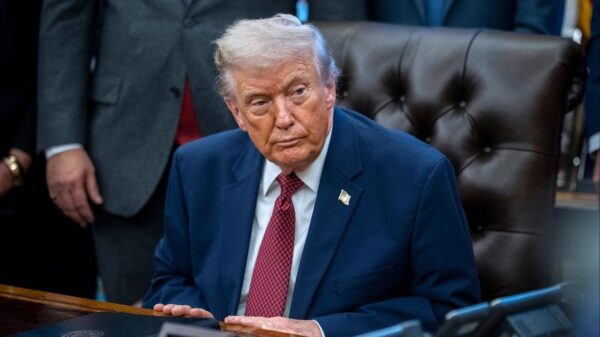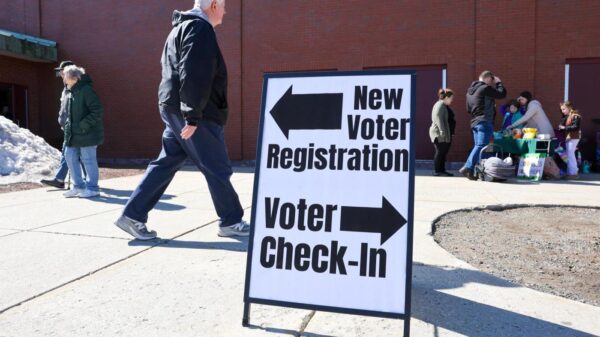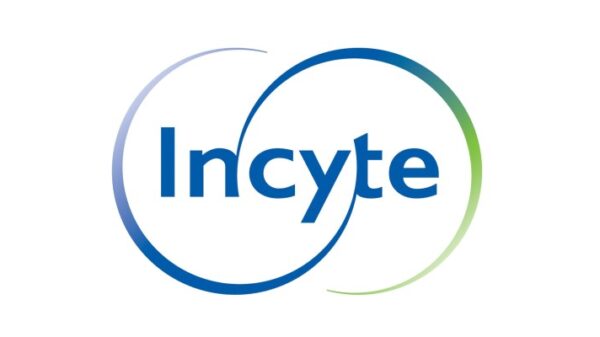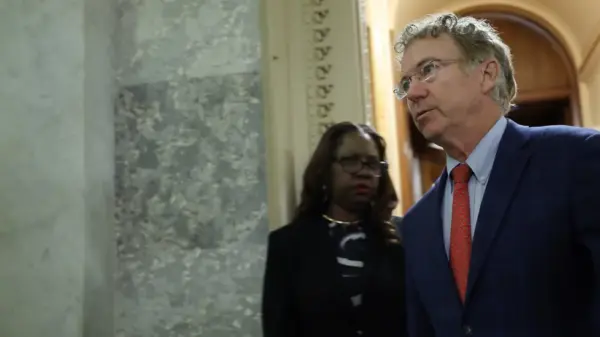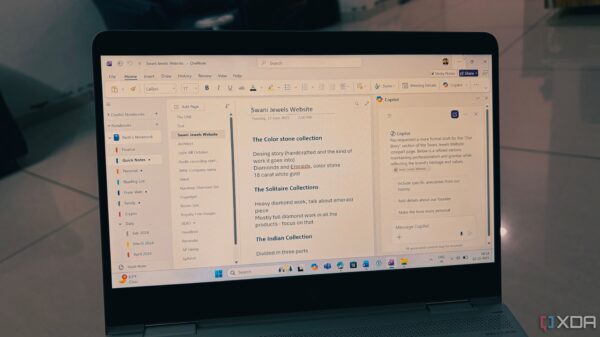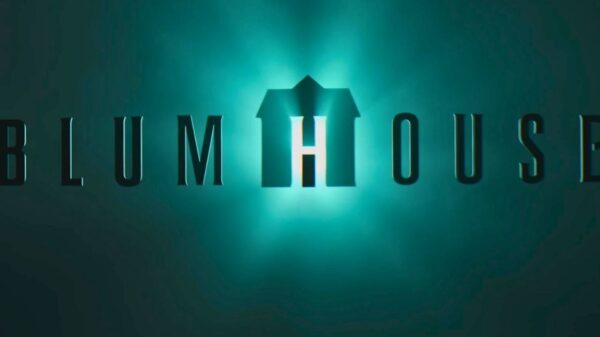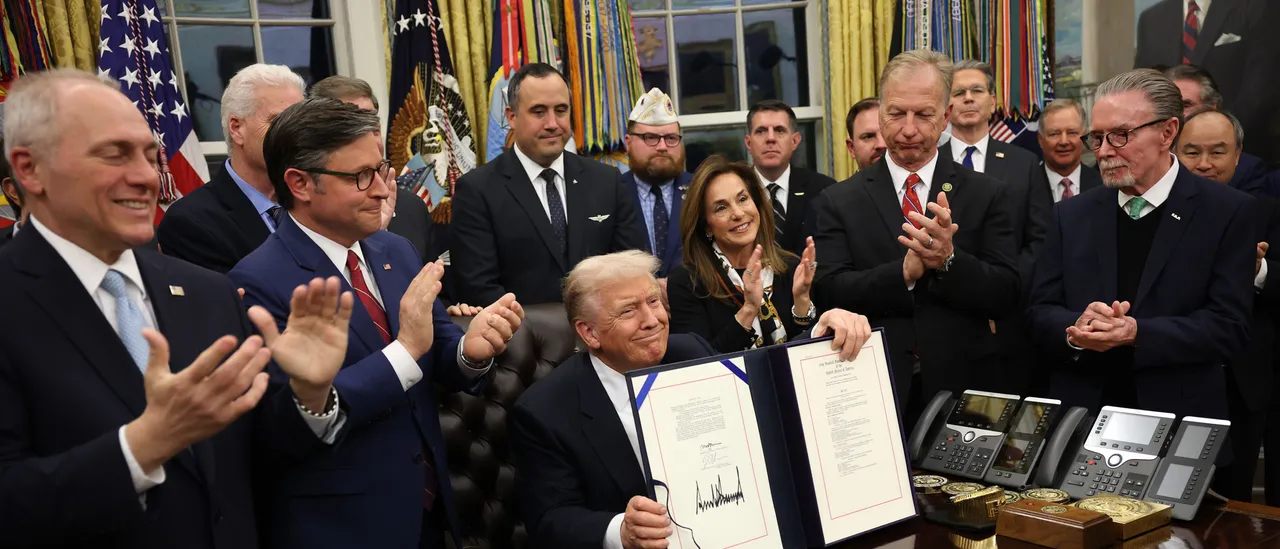As the 2026 midterm elections approach, Republican lawmakers are increasingly attributing the rising cost of living to the economic policies of the Biden administration. Despite widespread voter concerns over affordability, many Republicans have yet to present a comprehensive plan to address these issues. This shift in messaging comes after a series of victories for Democrats in the November elections, where candidates focused heavily on economic affordability.
Virginia Foxx, chairwoman of the House Rules Committee, recently stated, “This is the Biden economy. You can’t turn it around instantaneously,” highlighting the GOP’s strategy to deflect blame onto Democrats. As voters express dissatisfaction with their financial situations, Republicans risk alienating constituents by failing to take responsibility for the economy.
Polls indicate a significant lack of confidence in economic conditions. A recent Fox News survey revealed that 76% of voters perceive the economy negatively, surpassing the 70% who felt similarly at the end of Biden’s term. Notably, 62% of registered voters hold former President Donald Trump more accountable for the current economic climate than Biden, complicating the GOP’s messaging strategy.
The rising costs of essential goods are particularly alarming. The survey found that 85% of respondents reported increases in grocery prices over the past year, with 60% saying the hikes were substantial. Additionally, significant increases were noted in costs for utilities (78%), healthcare (67%), housing (66%), and gasoline (54%).
Voters from key states like New York, Virginia, and New Jersey identified the economy as their primary concern in the recent elections. This sentiment places pressure on Republicans to refine their economic messaging if they hope to retain support in the upcoming year.
Republican Strategy and Challenges Ahead
Political analysts suggest that for Republicans to succeed in the midterms, a more aggressive economic message is essential. Sam Kay, director of external affairs at the Manhattan Institute, expressed concern over the current GOP narrative, stating, “I hear a lot of ‘stop complaining,’ ‘have patience,’ and ‘it’s Biden’s fault,’ which is exactly the kind of stuff you tell voters right before you get blown out in the midterms.”
Republicans have emphasized their efforts to reduce regulations and provide tax relief, asserting that these measures will eventually benefit voters. Some party members believe that once new tax cuts from the One Big Beautiful Bill Act take effect in early 2026, voters will perceive improvements in their financial situations.
Despite these assertions, there is skepticism regarding the party’s ability to unite behind a coherent legislative agenda. With only a two-seat majority in the House, Republicans face challenges, including potential resignations, such as that of Marjorie Taylor Greene, which could further complicate their plans.
House Speaker Mike Johnson has hinted at an “affordability agenda” that may be introduced in December, but specifics remain unclear. Additionally, August Pfluger, leader of the House Republican Study Committee, has suggested a legislative framework focusing on affordability, law and order, and support for American families, though it remains uncertain whether the party can rally behind these proposals.
The GOP’s inability to present a unified front on healthcare costs further complicates their position. While several lawmakers have proposed their own solutions, no consensus has emerged. Some Republicans, like Tim Burchett of Tennessee, have openly criticized the party’s inaction, stating, “We don’t have the guts to do much of anything.”
Future Outlook and Economic Reality
Republicans face additional hurdles as they navigate the long-term implications of Trump’s economic policies. While tariffs aimed at reshaping trade relationships and encouraging domestic manufacturing have been implemented, the benefits may not materialize quickly enough to sway voters who are currently feeling the pinch.
As North Carolina Senator Thom Tillis pointed out, political timelines do not align with the lengthy recovery periods that some economic policies might require. He stated, “In politics, you don’t have three or four or six years,” emphasizing the need for immediate results to satisfy constituents.
In summary, as Republicans gear up for the midterm elections, they must address the growing economic concerns of voters while navigating internal divisions and external pressures. A shift toward a proactive, unified economic strategy may be necessary for the party to regain voter confidence and secure electoral success in the coming year.





